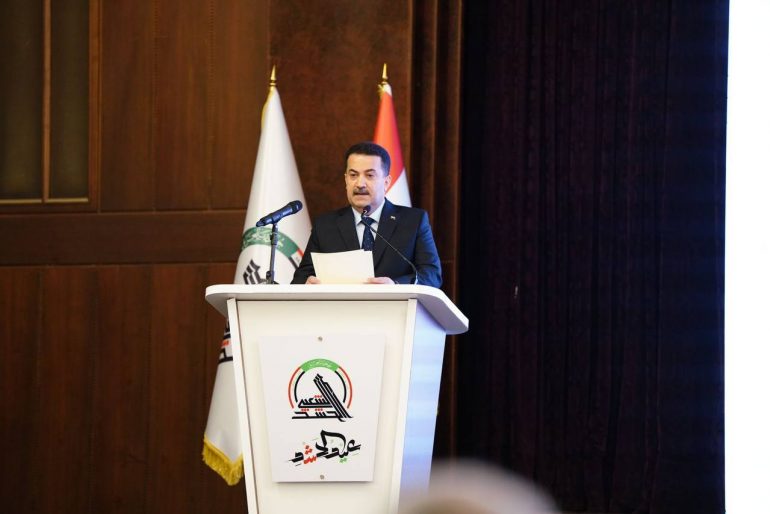The Popular Mobilization Forces (PMF) have shown resilience in the face of dwindling popularity and leadership crises, managing to retain their significance in Iraq. However, their escalating influence is raising concerns.
In response to a call by Grand Ayatollah Ali Al-Sistani, Iraq’s top religious authority, a vast number of citizens took up arms against IS following its seizure of Mosul. The PMF, a network of militias that at its peak numbered over 150,000 members, spearheaded the military response. Although the group played a vital role in quashing IS in 2017, it has been dogged by allegations of human rights abuses and corruption. The PMF was implicated in the killing and abduction of hundreds of peaceful protestors during the Tishreen (October) Movement in 2019 and 2020. This, along with internal discord and the impact of the US killing of top Iranian commander Qasem Soleimani and senior PMF commander Abu Mahdi al-Muhan, has weakened the group. This downturn was evident when its political branch could only muster 17 seats in the 2021 parliamentary elections, a plunge from 47 in 2018.
Concurrently, Shia leader Mutaqda al-Sadr, a notable PMF adversary, bagged the most seats (73) in the same election, signaling a shift in the public’s sentiment. Despite this, the PMF succeeded in blocking Sadr from forming a government, instead putting a pro-PMF leader in the driver’s seat in Baghdad. This strategic move marked their resurgence, fortifying the pro-Tehran Coordination Framework coalition, effectively the political arm of the PMF.
Ranj Aladin of the Brookings Institute suggests this political victory significantly bolsters the PMF, enabling them to dig deeper roots into the Iraqi state, enhance their economic reach, diversify their income, and broaden their patronage network.
The process of firming up the PMF’s formal and informal power structures began before 2017 and reached a critical juncture when the militia was fully integrated into the Iraqi security forces after the military victory. Their clout now extends beyond the military. Allegations suggest the PMF controls a significant portion of the economy, engages in organized crime, holds a stake in construction and cross-border trade contracts, and participates in extortion, customs evasion, and oil and drug trafficking. These illicit activities are speculated to have netted the PMF billions of dollars, adding to the $2 billion they receive from the state as part of their annual budget.
The recently approved federal budget has further increased the PMF’s allocation by 100bn dinars ($769,000), through an amendment labeled “differentials.” The PMF’s allocation now stands at $2.7 billion. Iraqi PM Sudani has sanctioned the formation of a PMF trading company, Al-Muhandis, a state-approved entity with a budget of at least $67 million. The Iraqi government has already awarded projects to the Muhandis company, fuelling concerns about the potential development of new militia bases and airstrips, particularly in the light of multiple airspace violations by PMF drones.
In addition, the government has approved the inclusion of 1.5bn Iraqi dinars ($1.2m) as “confidential expenses” in the PMF budget. It has also granted land to the Muhandis company near the borders of Jordan and Saudi Arabia, purportedly for tree planting. Given the challenging agricultural conditions in these areas, this has aroused concerns in Amman and Riyadh about the potential establishment of additional militia bases and airstrips.
Following Sudani’s election in October, the Biden administration has adopted a “low-key and patient” stance, yielding minimal outcomes. However, David Schenker from The Washington Institute warns that the unchecked Iranian-proxy PMF, following the precedent set by Hezbollah in Lebanon and the Houthis in Yemen, will continue to extend and cement its control over Iraq.


